Announcing: Inaugural Cohort of Better Life Lab Story Fellows
Five writers embark on six-month fellowships to tell the story of America's care crisis
Blog Post
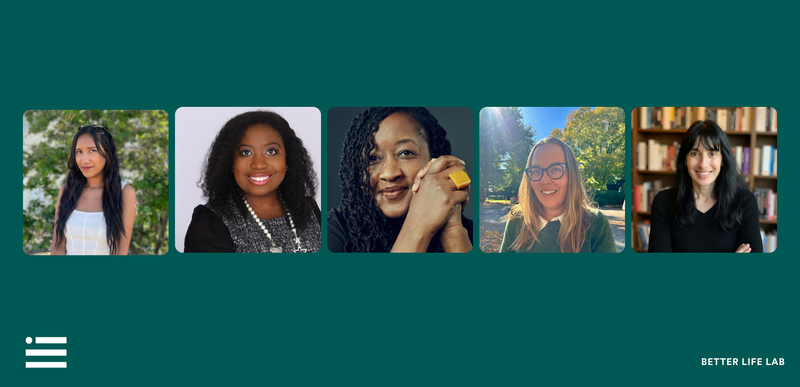
Nov. 4, 2025
We're thrilled to introduce the inaugural cohort of Better Life Lab Story Fellows! These talented journalists, researchers, and storytellers will spend the next six months investigating and crafting powerful narratives about America's care crisis—illuminating the real costs of caregiving throughout our lives and the innovations and investments that could transform our care infrastructure and better support all of our families for generations to come.
Follow along as they bring expertise and human-centered stories into our national conversation about the value of caregiving. We aim to help them publish their stories in a wide variety of publications to reach broad audiences and raise awareness, so the best place to stay tuned to what they produce is right here!
Want to learn more about Better Life Lab and other opportunities like the Story Fellows program? Continue following our newsletter, and consider applying to one of our reporting grants.
Ashley Álvarez
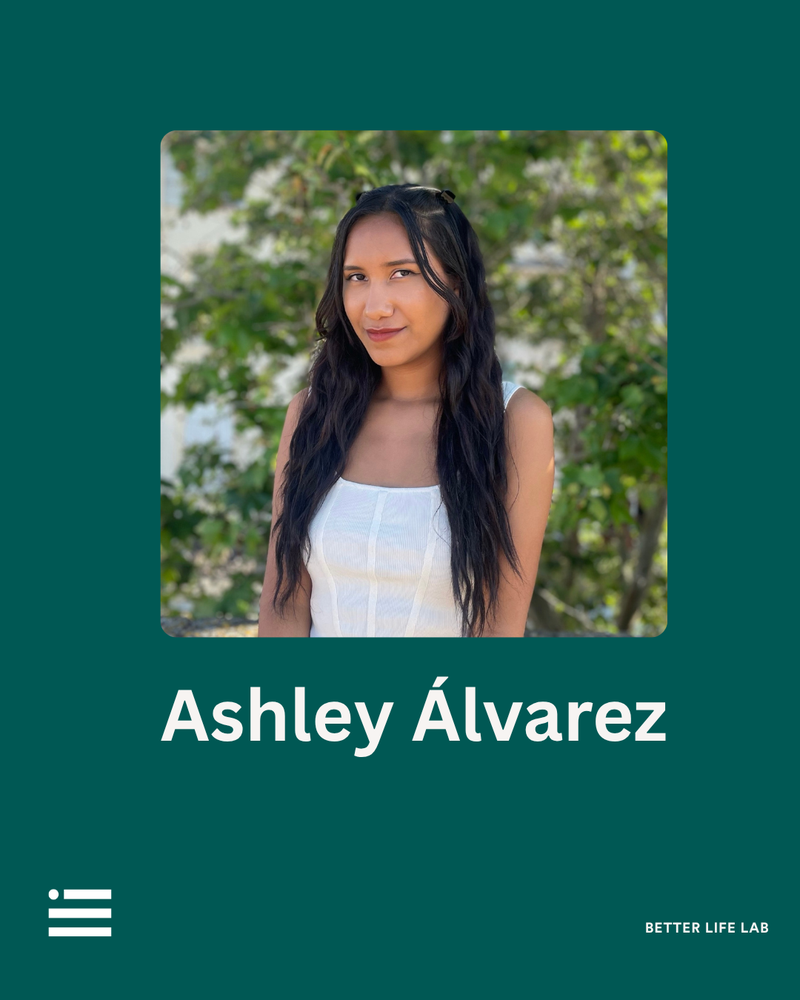
Ashley Álvarez is an early childhood and K-12 education researcher and writer. Her work connects community stories to policies that impact children, families, and the child care and K-12 education workforce. She has a range of professional experiences with California-based and national government and nonprofit organizations. Born and raised in Los Angeles, Álvarez earned her MEd in Education Policy and Analysis with a concentration in Early Childhood at the Harvard Graduate School of Education. She earned her BA in Sociology and Educational Studies from Harvard College.
As a Story Fellow, Álvarez will investigate how ongoing federal policy shifts around education, immigration, and social programs are impacting communities and the child care workforce. Álvarez will highlight the voices and experiences of child care providers, and connect with experts to reimagine what can be done to ensure policies strengthen the care infrastructure for families and providers alike.
Feylyn Lewis
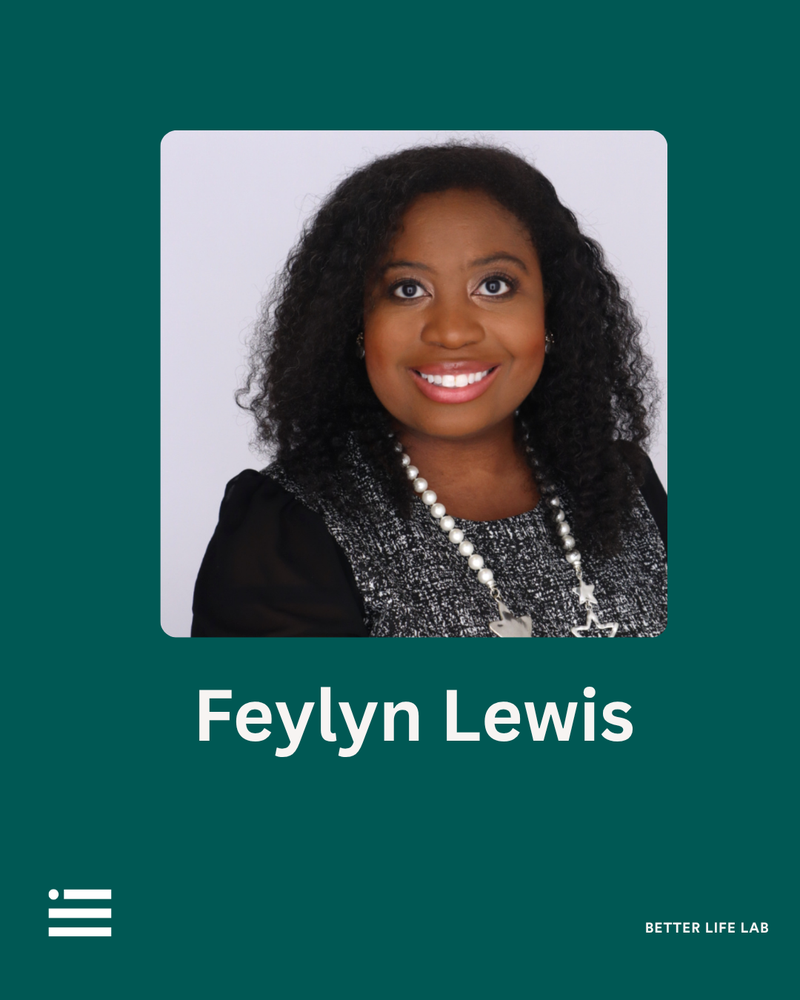
A native of Nashville, Tennessee and a Vanderbilt University alumna, Feylyn Lewis grew up as a youth caregiver for her disabled mother. Her experience with caregiving, disability, and living life on the margins led her on a path of global research and advocacy. She has a Master’s degree in Clinical Mental Health Counseling and a PhD in Social Work. Her research focuses on mental health and resiliency in youth and young adult caregivers, and she conducts research in the United States, Europe, United Kingdom, and Australia. Lewis currently works as the assistant dean of student affairs at Vanderbilt University School of Nursing, where she is responsible for providing vision, leadership and strategic planning for student affairs programming that delivers holistic wellness, formal support services, student life and community engagement.
In the inaugural New America Story Fellowship, Lewis will continue vision-building for a world that is more equitable for children and young people with caregiving responsibilities. Utilizing her unique dual role as a researcher and a caregiver, she will pursue stories related to youth caregiving and the need to build infrastructure to support their educational attainment and health outcomes. Youth caregivers are overlooked in scholarship, policy, and practice, so her writing will have a particular focus on these hidden groups of youth caregivers. The status of youth caregivers in the United States remains precarious, yet Lewis is committed to telling stories that showcase their hope and determination.
LaShawnDa Pittman
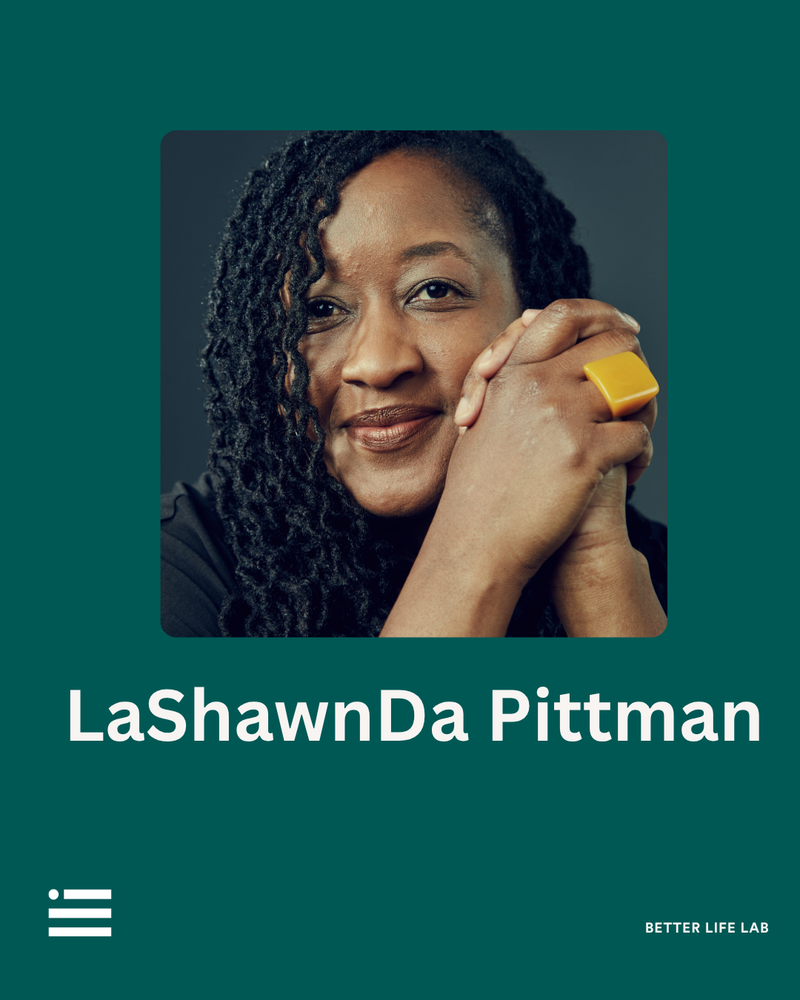
LaShawnDa Pittman is an associate professor of American Ethnic Studies at the University of Washington, Seattle. She is the Joff Hanauer Honors Professor in Western Civilization and has an appointment in the Department of Sociology. Caring has profoundly shaped Pittman’s life. Her maternal extended family cared deeply about her teenage mother and her children, buffering them from the poverty they came of age in. Their love and care made it possible for love, joy, wisdom, traditions, humility, and survival to take root and grow in her. A perfect storm of events in graduate school led her to write a dissertation on how Black grandmothers raising their grandchildren in skipped-generation households (consisting only of grandparents and grandchildren) coped with all that raising another generation entailed. Her loved ones were not surprised by the focus of her dissertation-turned-book, Grandmothering While Black: A Twenty-First Century Story of Love, Coercion, and Survival, given her “old soul” and love for elders.
During her time as a Story Fellow, she plans to write about grandparent caregivers’ experiences of the social safety net, the impact of grandparent caregiving on caregivers’ health, and the aging experiences of marginalized populations. Many of the grandmothers that she has interviewed question how our government can give a stranger more money to raise their grandchildren through the foster care system than they will to them when they decide to raise them. Pittman will write about the needs and resources it takes for Black grandmothers to step in to raise their grandchildren, and how they are getting by as already scant public resources are cut.
Leah Ruppanner
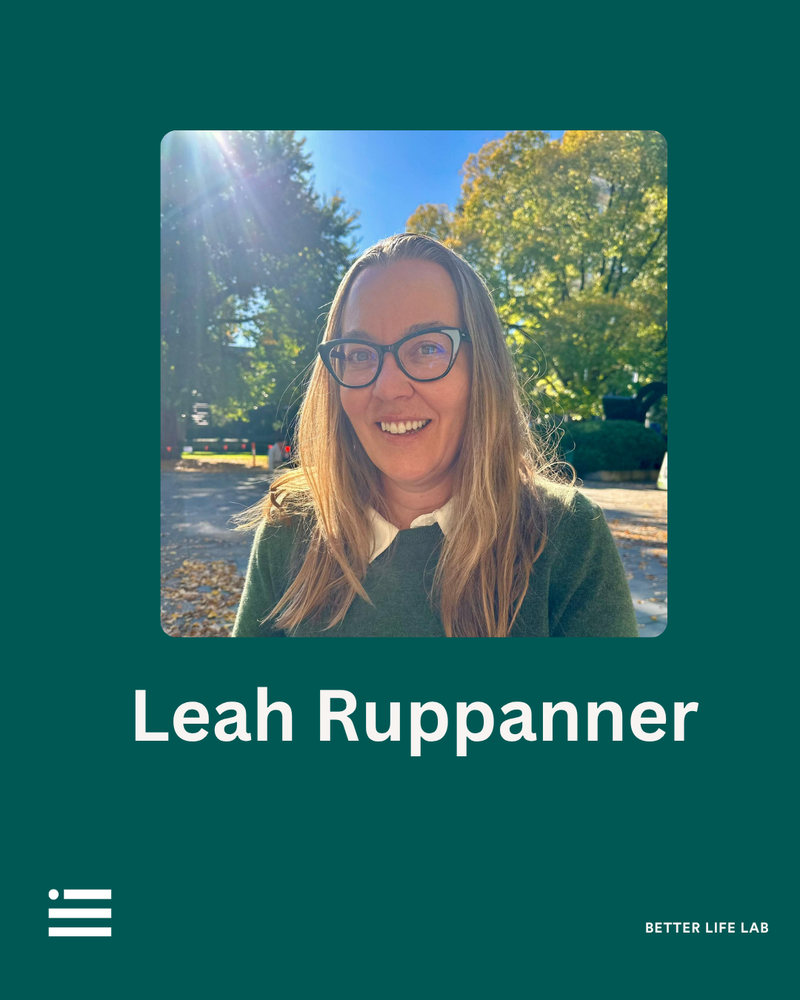
Leah Ruppanner is a Professor of Sociology at the University of Melbourne and one of the Founding Directors of The Future of Work Lab & The Gender Equity Initiative. Her research has been cited in The New York Times, Washington Post, Vogue, Forbes and more.
Leah is committed to understanding how women’s unpaid work – the time they spend in housework, childcare and the mental load – impacts their ability to engage in employment, sleep and overall well-being. Given that we only have 24 hours a day, time spent in activities like housework and childcare is time that can’t be spent elsewhere like in employment, rest, or leisure.
As a Story Fellow, Ruppanner will be writing stories that bring to life insights from her forthcoming book Drained: Reduce your Mental Load to Do Less and Be More, which offers a new way to understand the mental load, beyond a to-do list. She will dedicate several episodes of her podcast MissPerceived on the institutional causes of our growing mental loads, as well as infrastructure and investments that can ease it. Ruppanner's goal is to tell stories to help women gain control over their time to spend it exactly as they wish – to create more meaning, love, abundance and joy in our lives.
Emily Wax
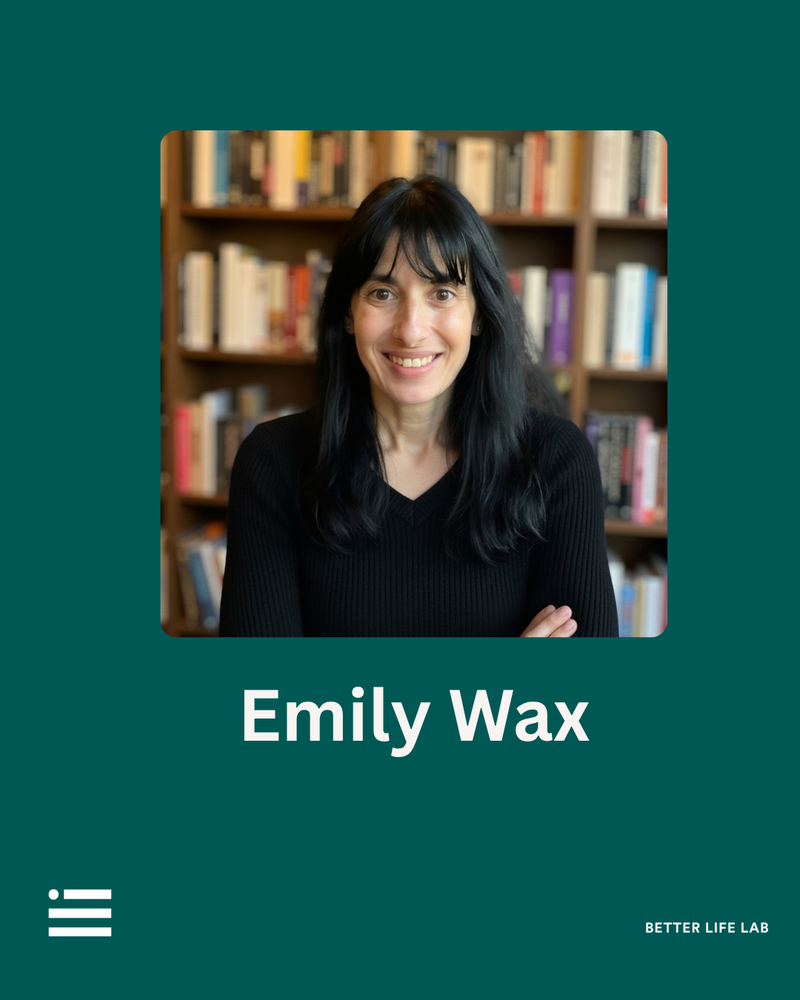
Emily Wax worked at The Washington Post for 27 years, where she was an award-winning foreign correspondent in Africa and India. She was drawn to stories of how ordinary people struggled to live their daily lives. She profiled college students struggling to stay alive amid Congo’s civil war, and the use of rape as a weapon in Sudan’s war in the Darfur region.
More recently, she was a caregiver to her husband, who passed away after a seven-year battle with cancer, which left their two young children without a father. Drawing from this experience, she will write about a shaky U.S. hospice system undergoing a crisis in deep funding cuts and roiled by debate about its role at the end of life.
As a Story Fellow, she will report on new and successful approaches to hospice and end-of-life care, which could become models for families struggling through one of the most painful, understudied, and taboo periods in American life.